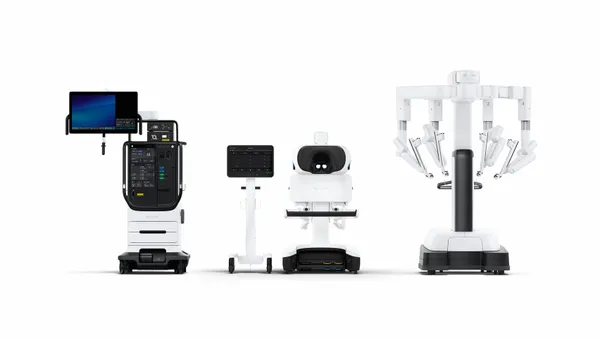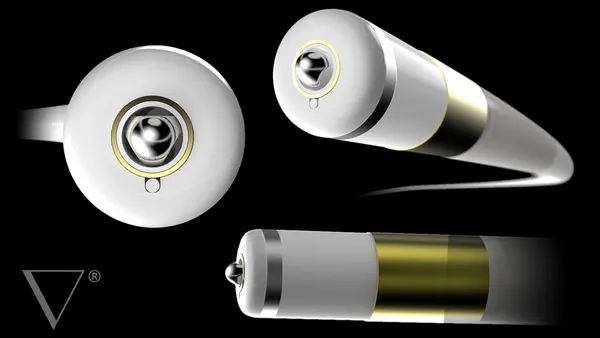Dive Brief:
-
FDA has categorized Boston Scientific's recall of 48,000 Ingenio pacemakers from the U.S. as a Class I event.
-
Boston Scientific took action after estimating one-third or more of the devices will incorrectly enter safety mode, putting patients at risk of early pacemaker replacement, loss of pacing and serious injury. FDA has reports of 65 incidents, three injuries and zero deaths.
-
No devices are still available for implant. Boston Scientific is advising against the removal of functioning pacemakers, while noting that early device replacement may be considered for some patients.
Dive Insight:
Boston Scientific won FDA approval for its Ingenio pacemaker in 2012. After approval, Boston Scientific hailed Ingenio as a driver of growth and enjoyed years of sales without running into issues that necessitated a recall. That changed in early June when Boston Scientific shared details about a problem with dual chamber, extended life Ingenio pacemakers.
The recall affects devices manufactured between September 2011 and December 2018. Later in the life of the device, but before the battery indicates it needs removing, the pacemaker can enter safety mode. The problem is most likely to occur three to four years before the battery is due to run out. As it stands, the issue has affected a tiny fraction of the 48,000 devices but Boston Scientific estimates that one third or more of the pacemakers will ultimately enter safety mode prematurely.
Ingenio devices are designed to deliver back-up pacing with pre-defined, non-programmable settings when in safety mode. The mode is supposed to kick in to provide back-up pacing when a repeat or non-recoverable fault happens. However, the device can erroneously switch to safety mode because of increased battery impedance.
Upon entering safety mode, a warning screen is displayed on the programmer and a red alert is sent out for products monitored via Boston Scientific's home monitoring system. Devices in safety mode need replacing and cannot be reprogrammed to return them to full functionality.
Boston Scientific, which puts the potential for life-threatening harm at less than 1 in 15,000, is advising against the prophylactic replacement of the affected devices. However, the company also recommends that physicians consider patient-specific factors such as the adequacy of the underlying escape rhythm to assess if early device replacement may be needed in certain circumstances.
News of the Class I recall follows a quarter in which Boston Scientific said its cardiac rhythm management unit performed "slightly below the overall market." Sales were down 6% versus the comparable period of 2019 as the company contended with the impact of recalls of its Emblem subcutaneous implantable cardioverter defibrillator.












